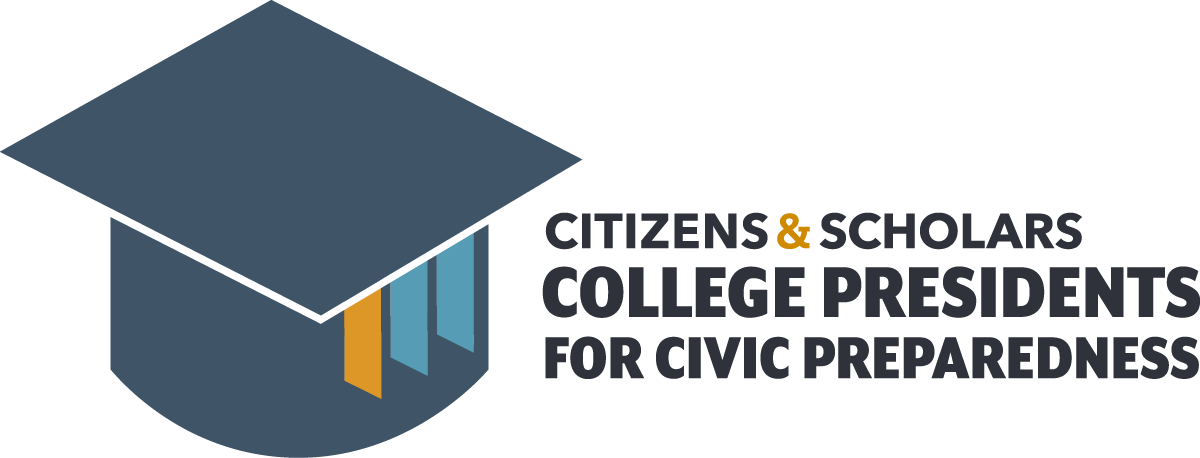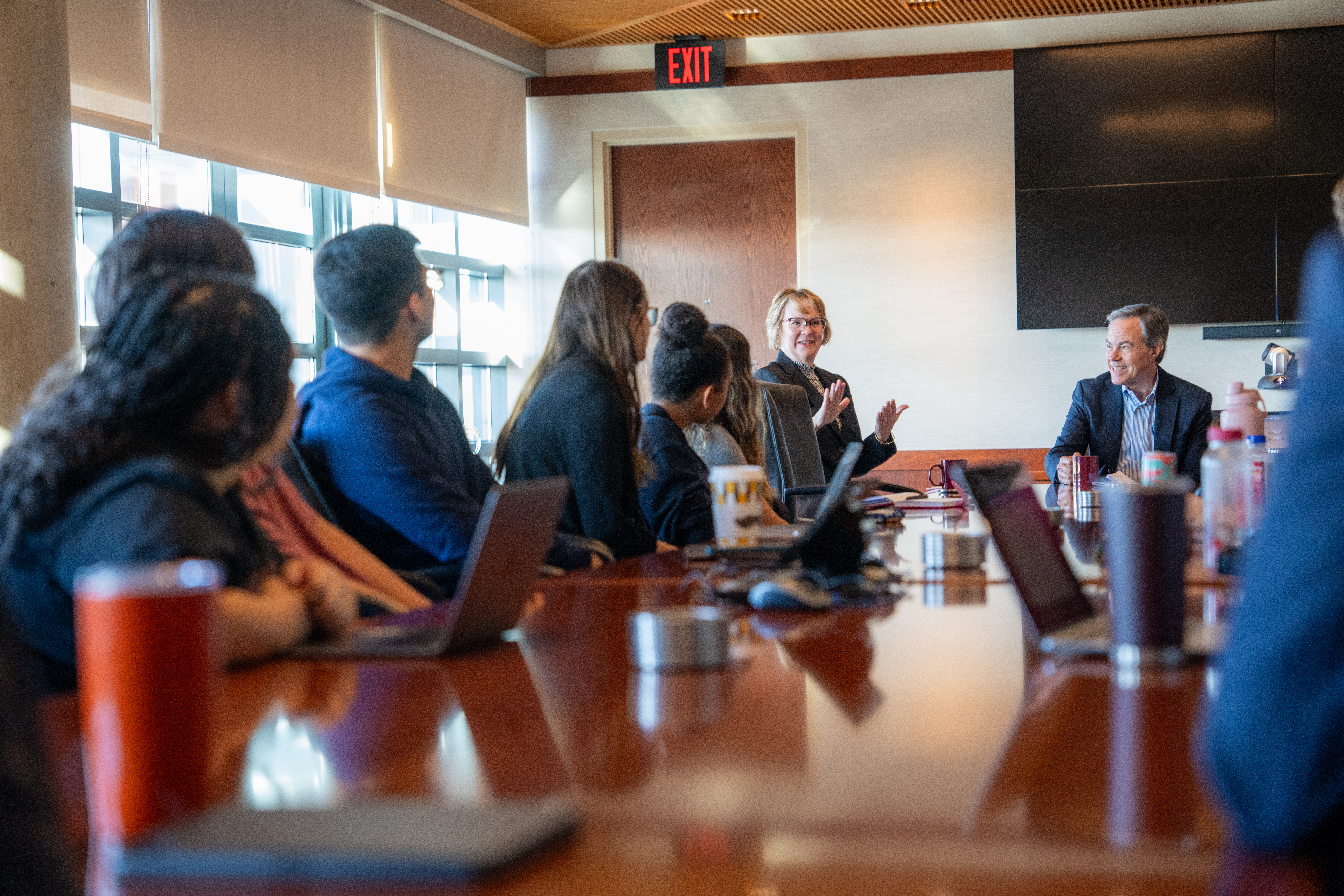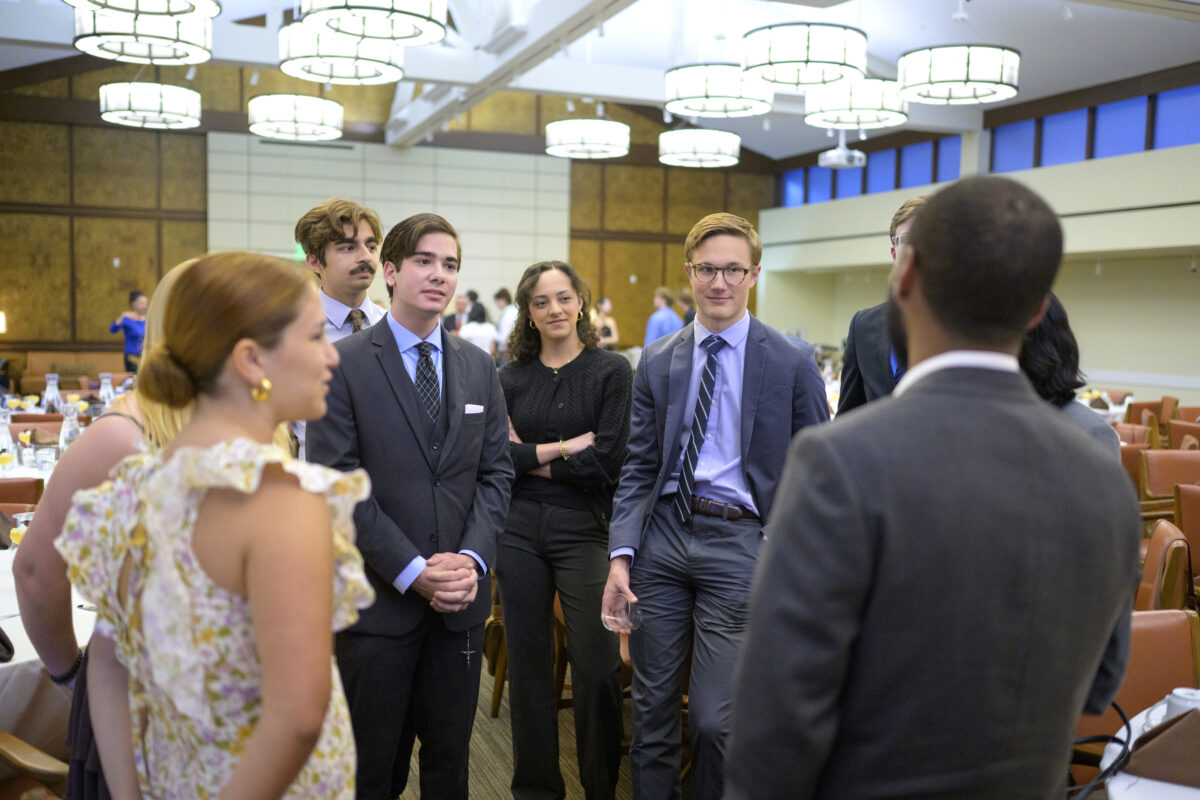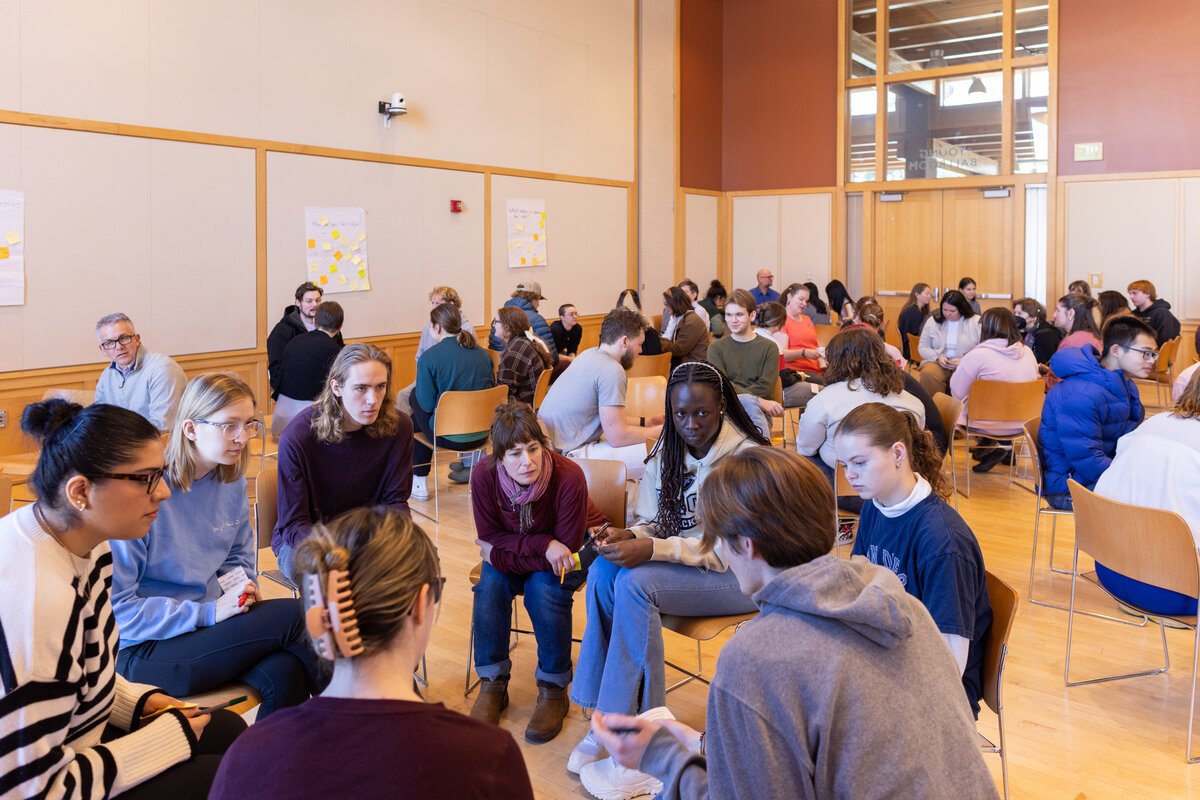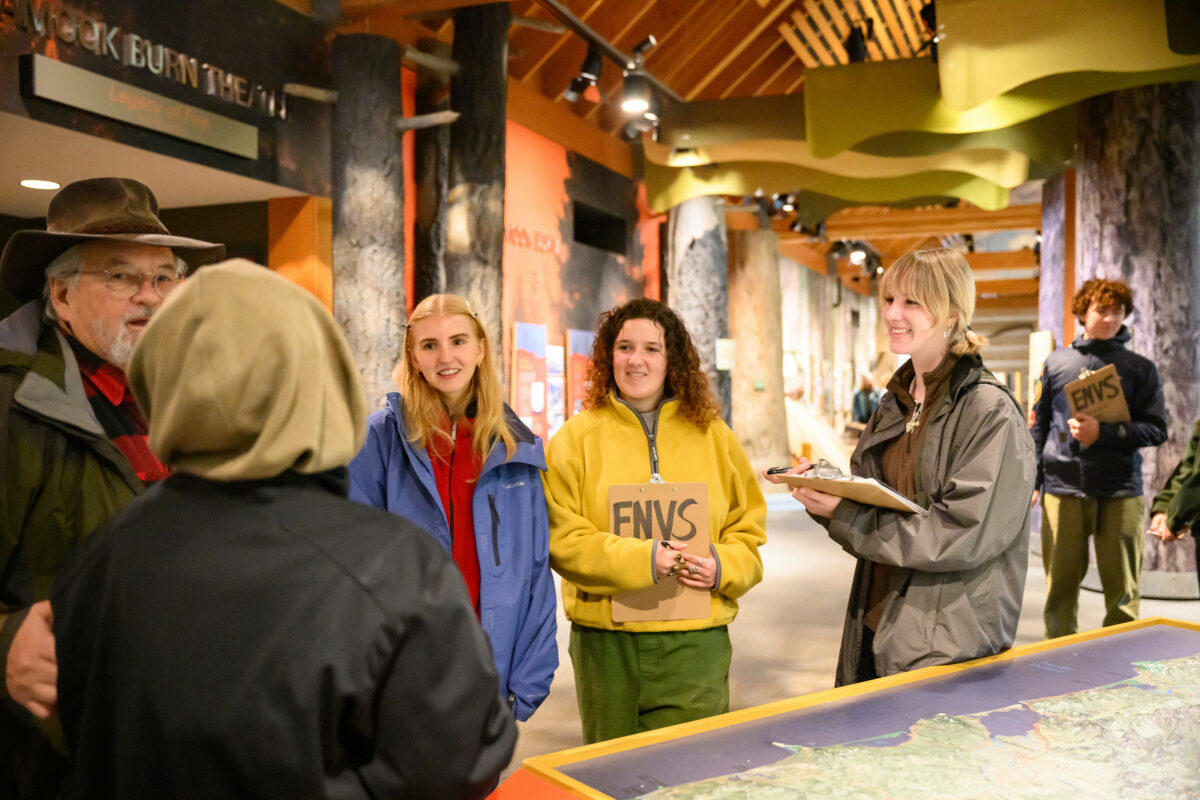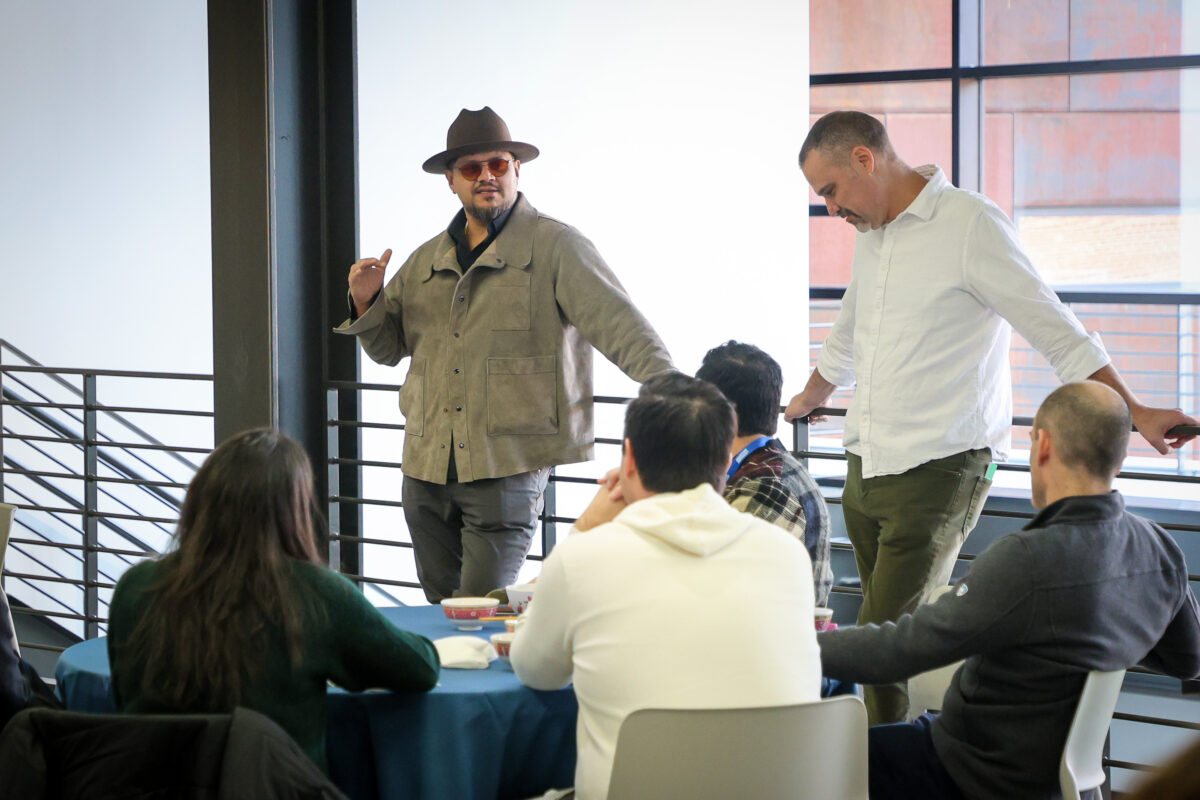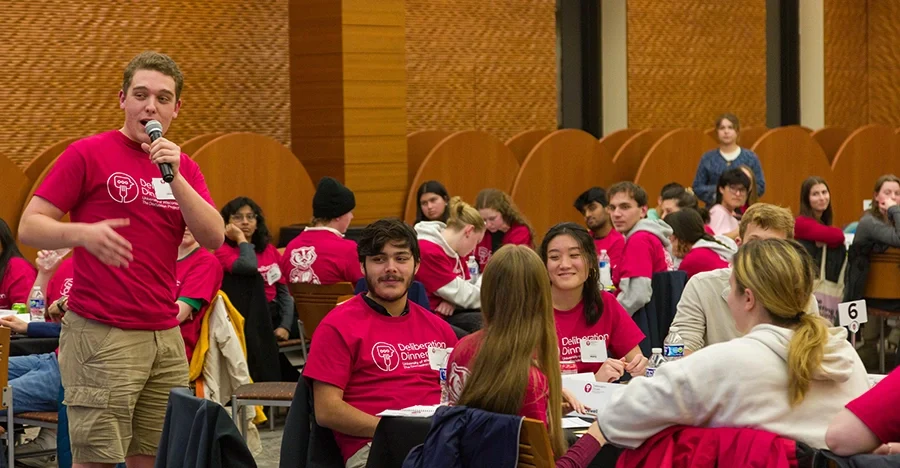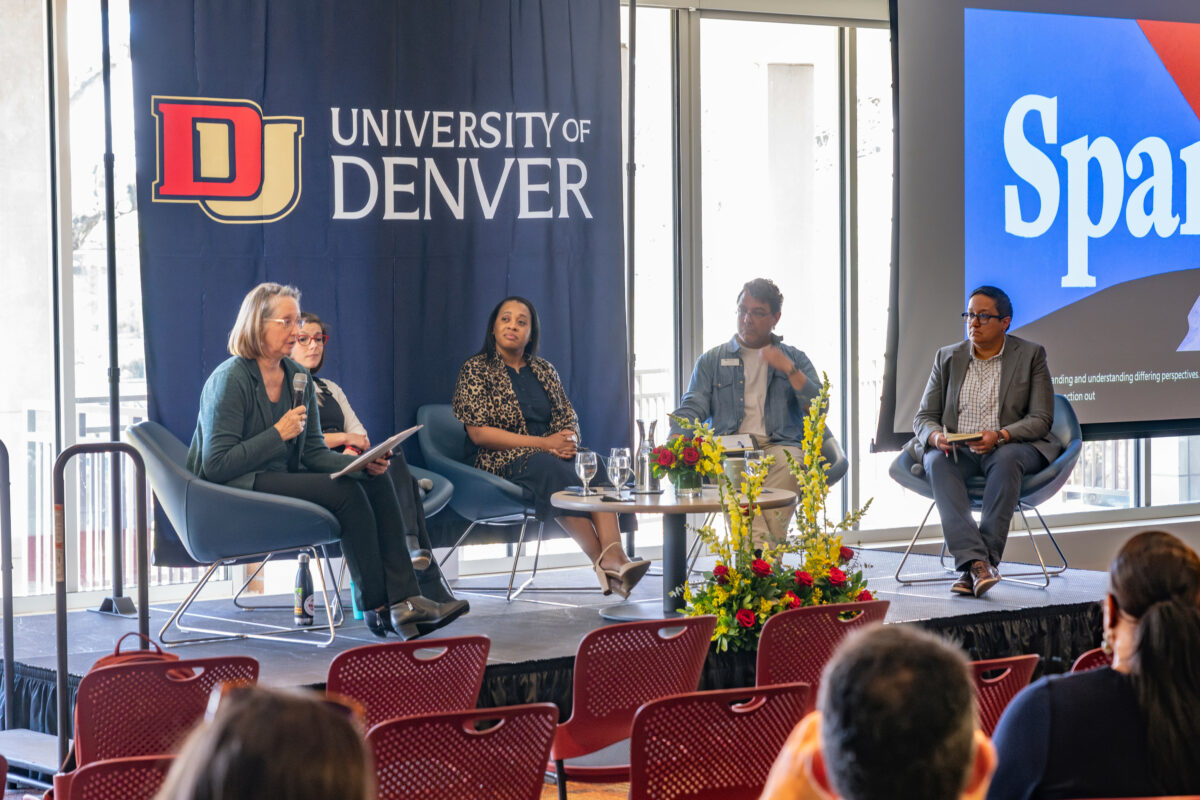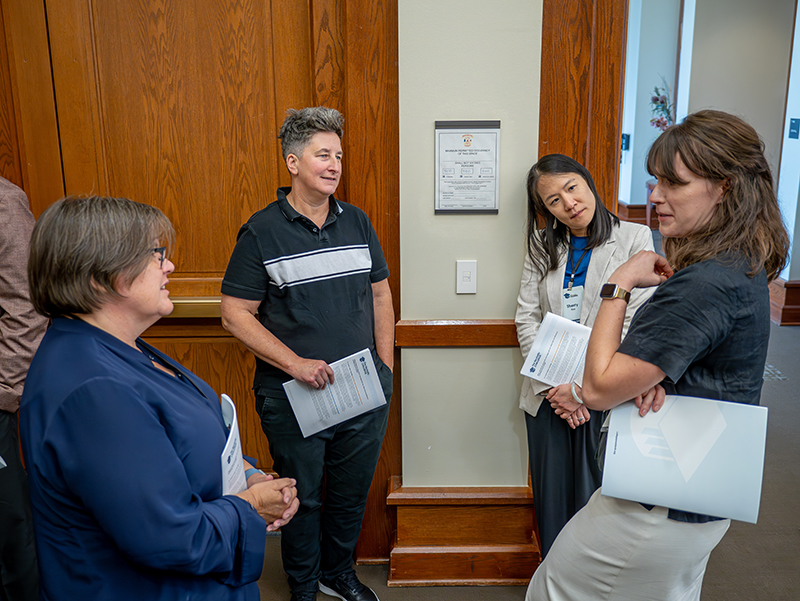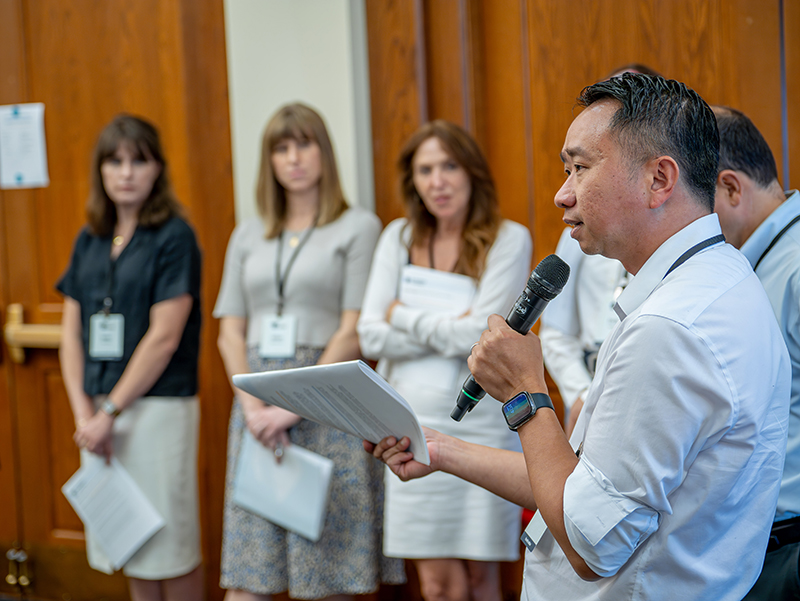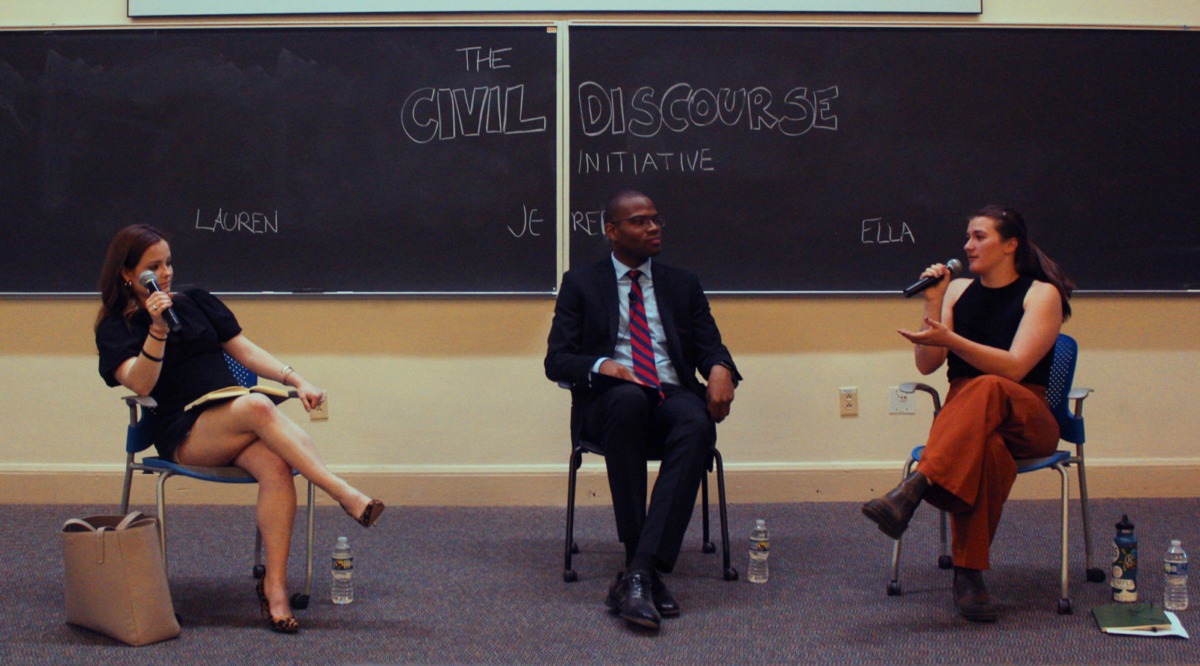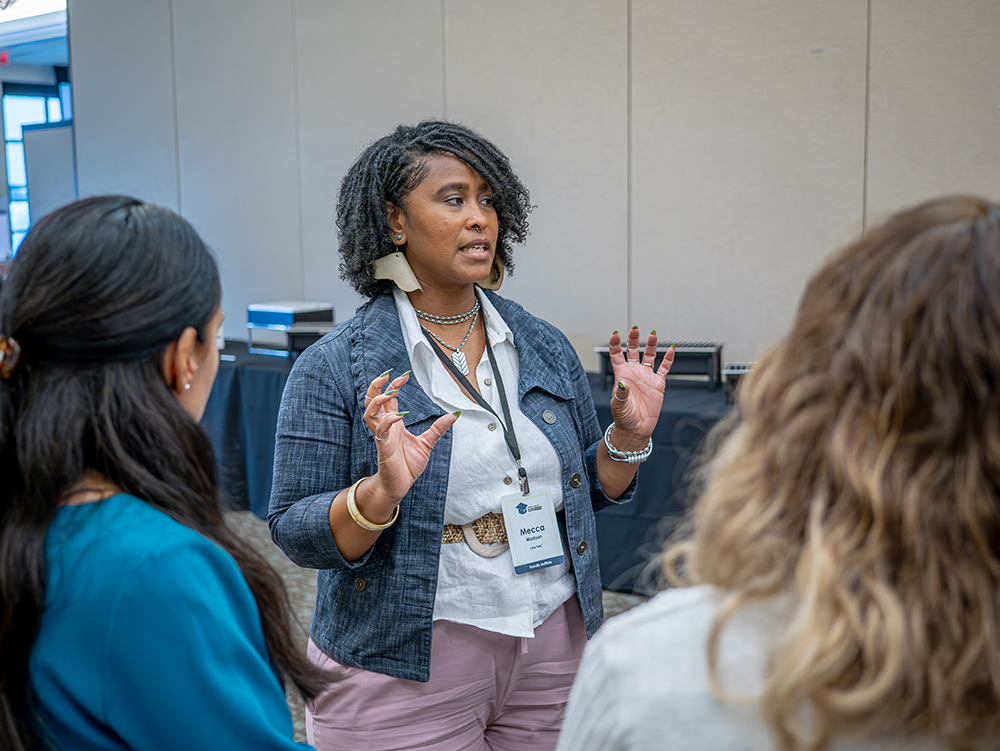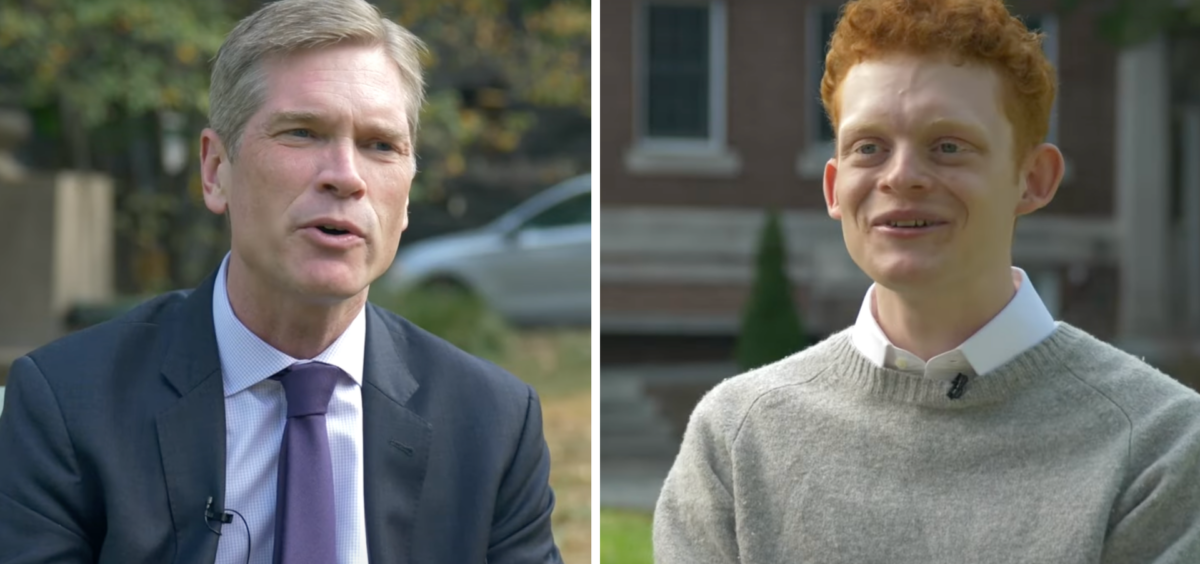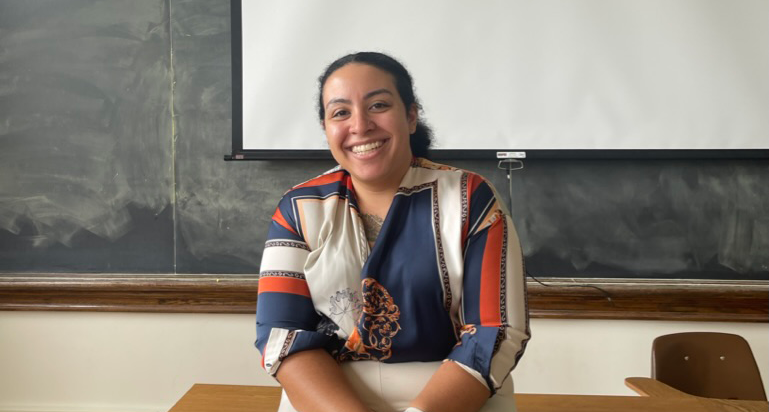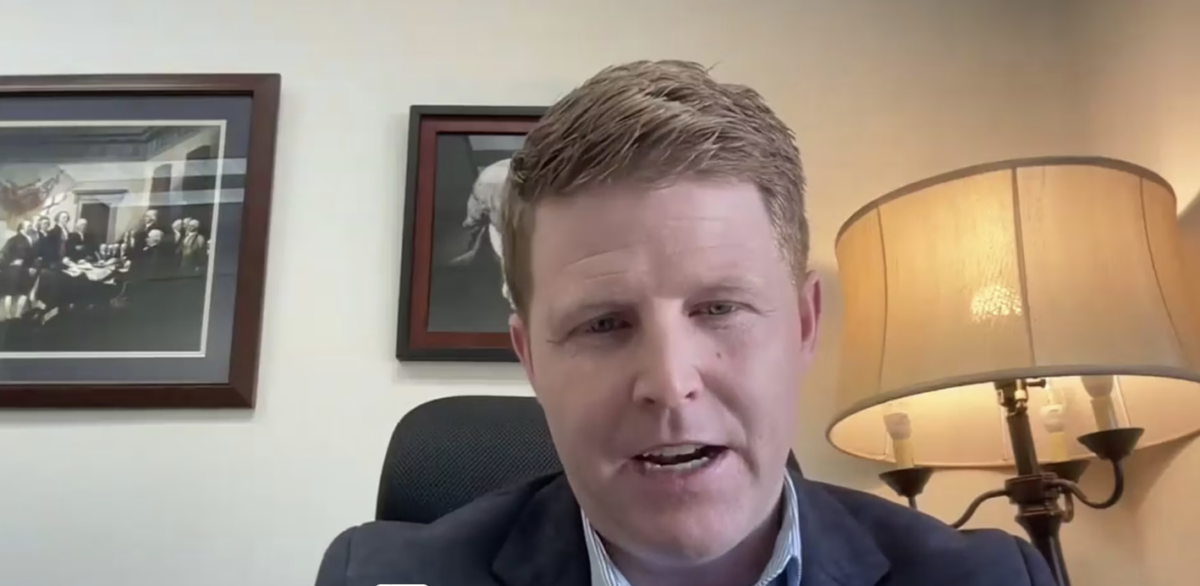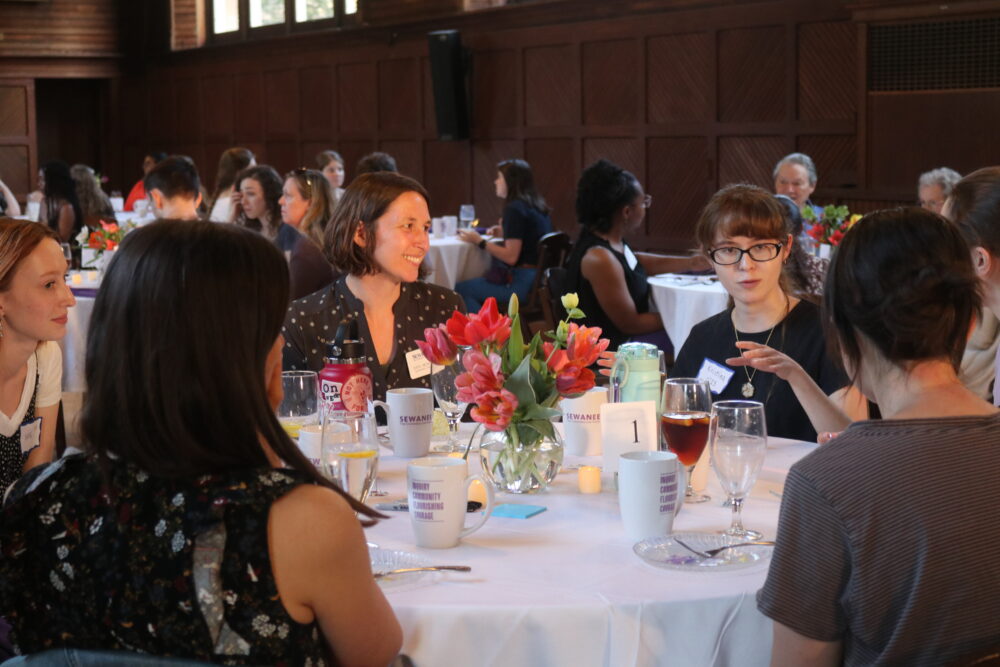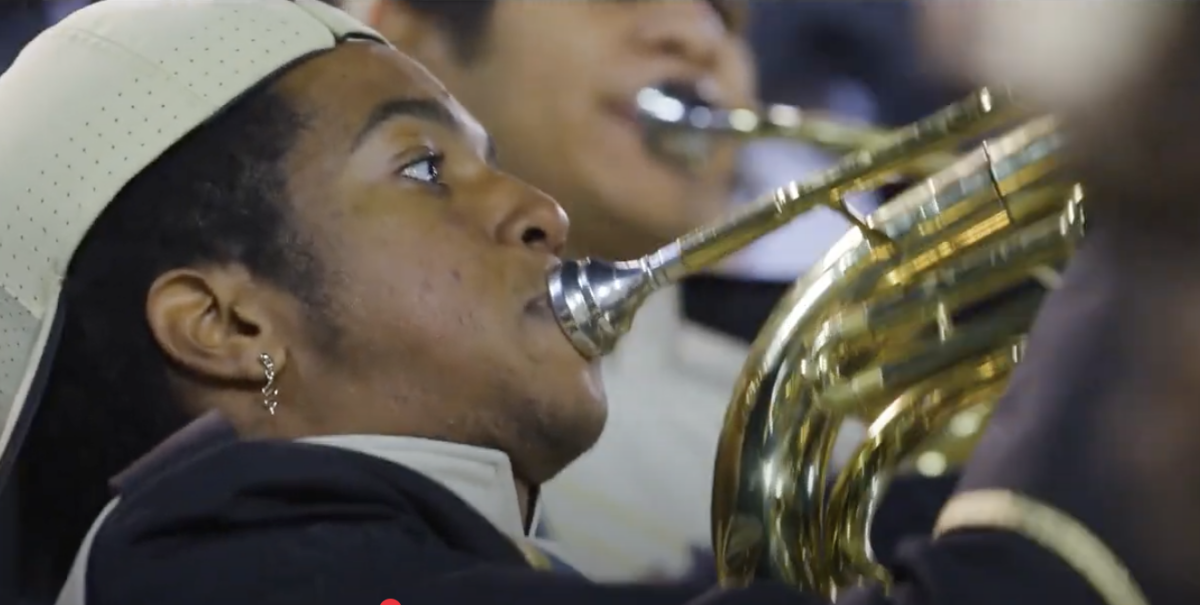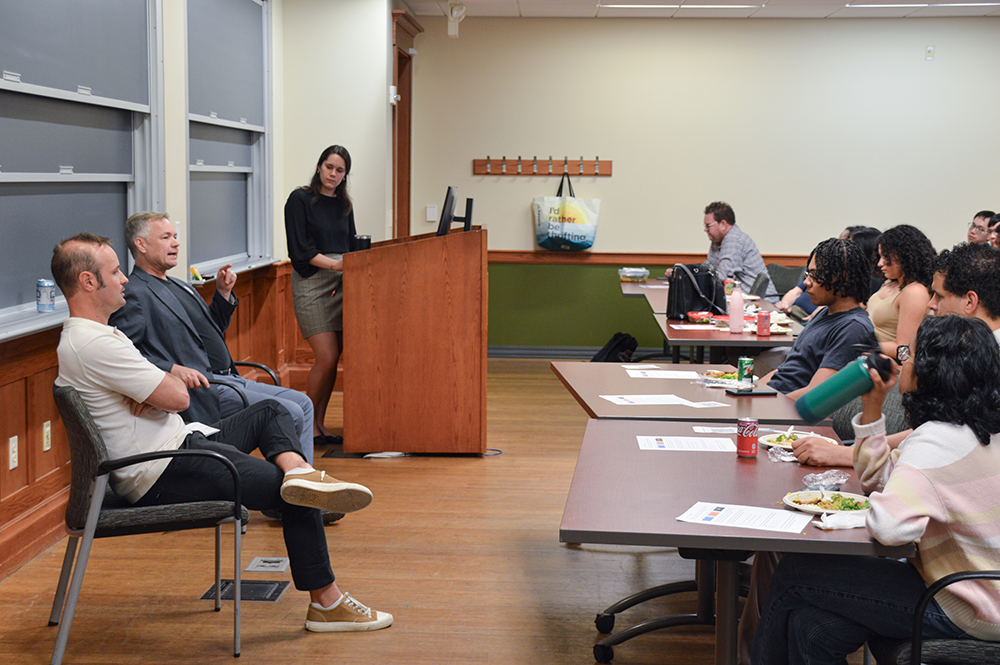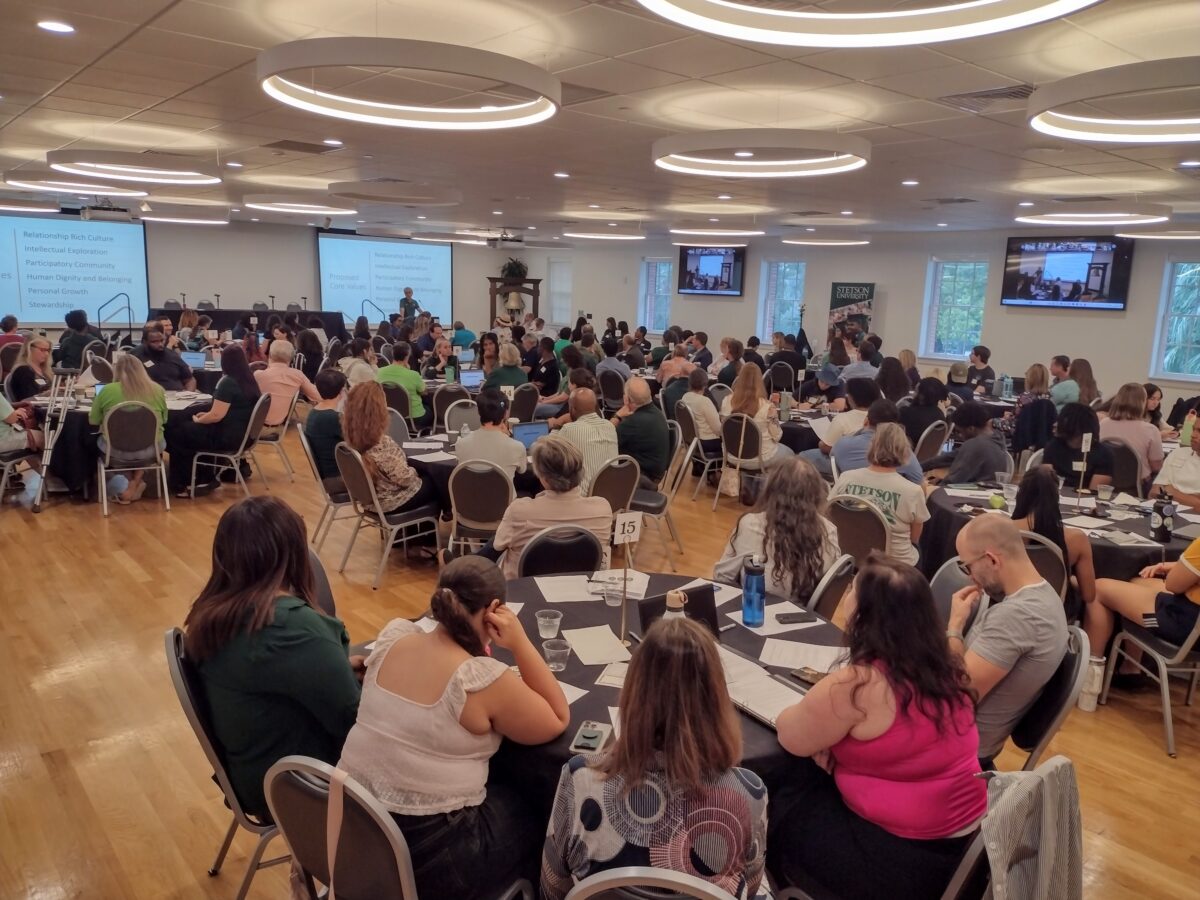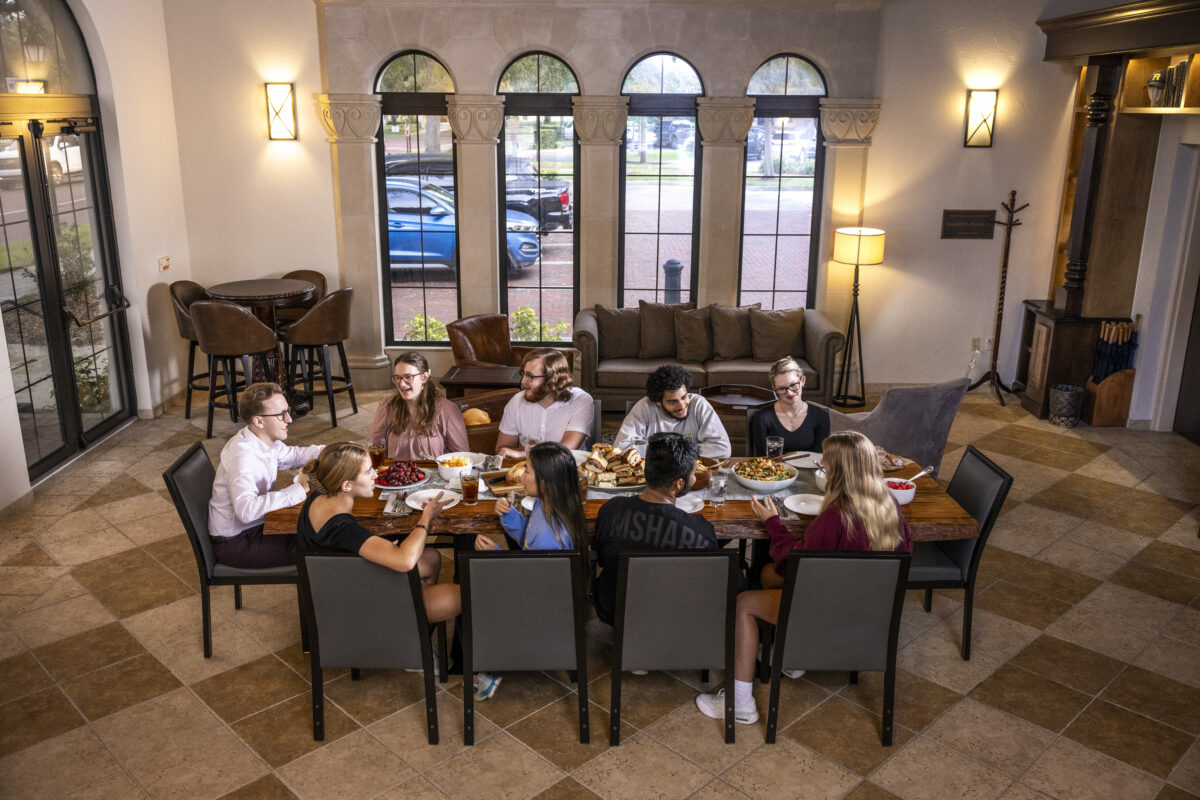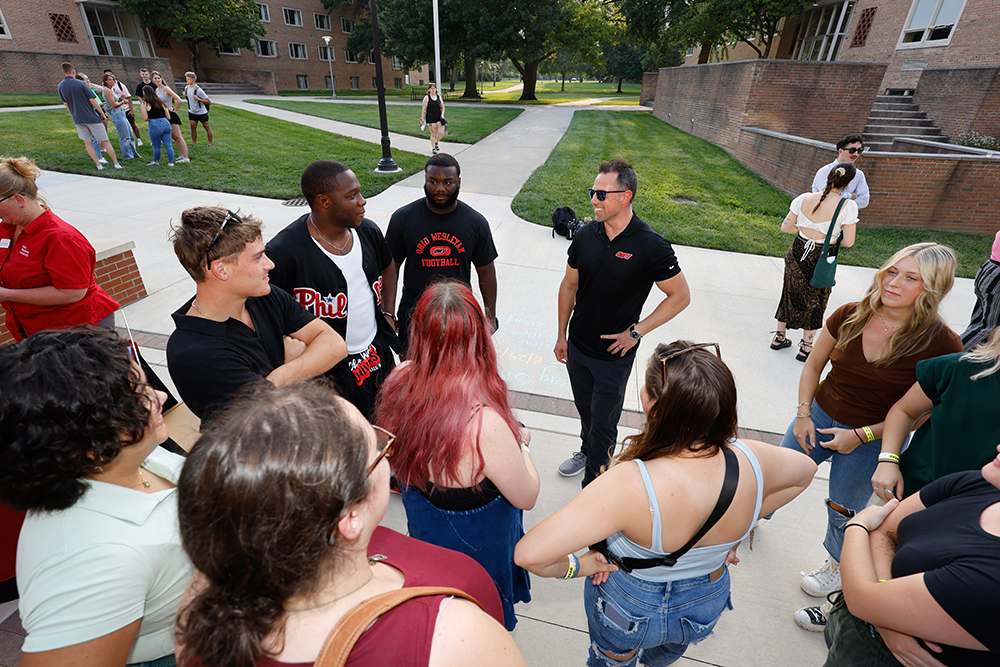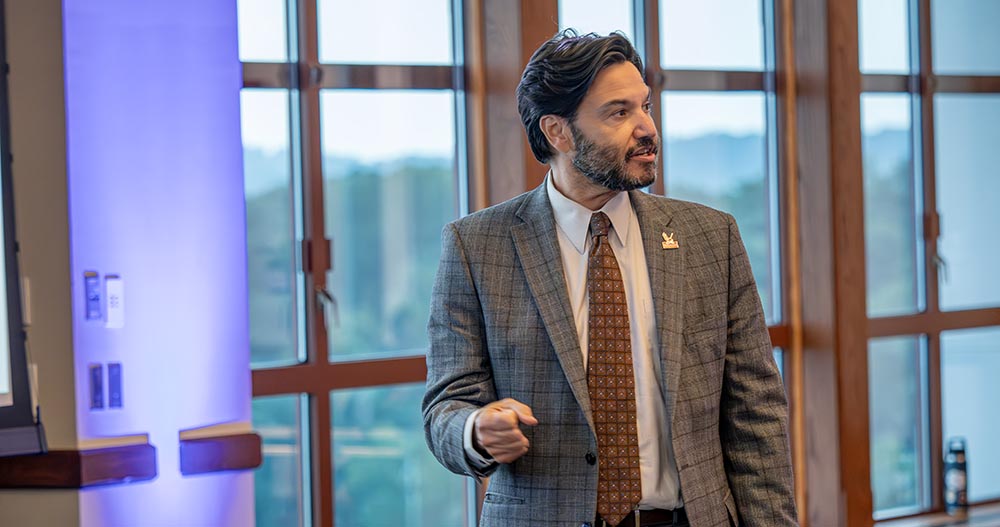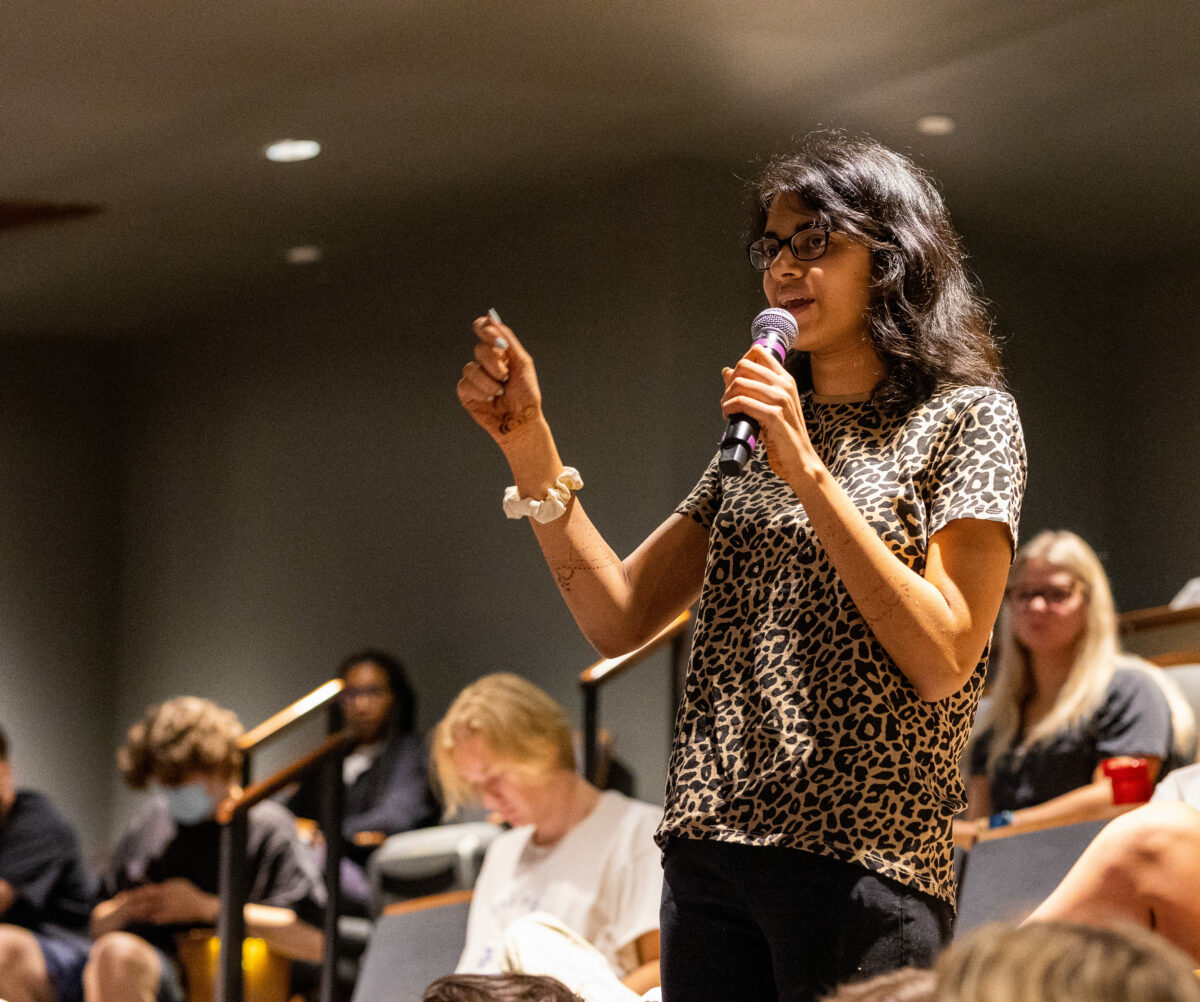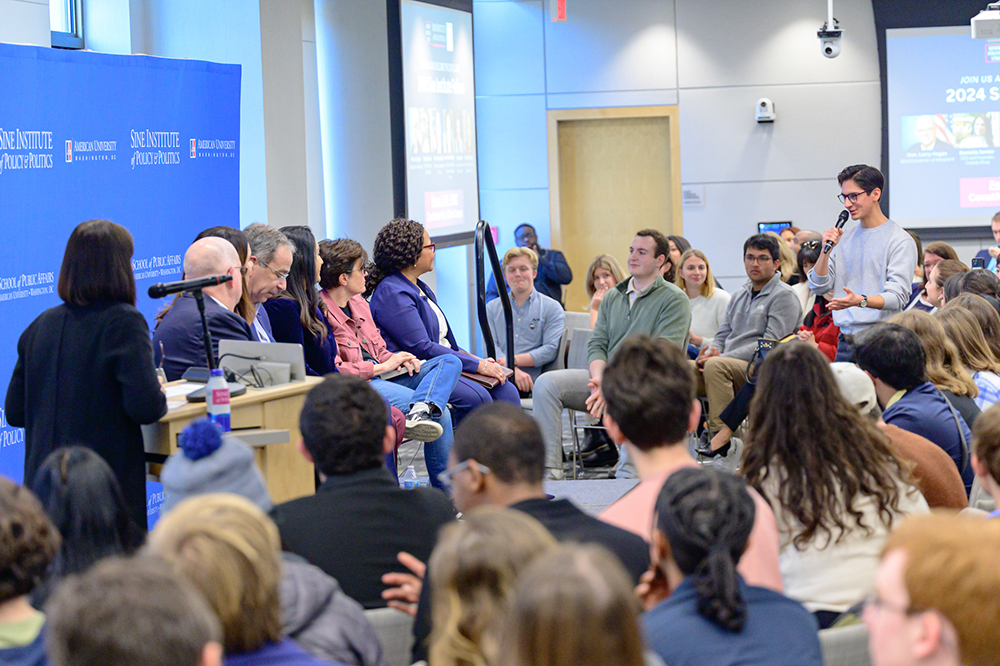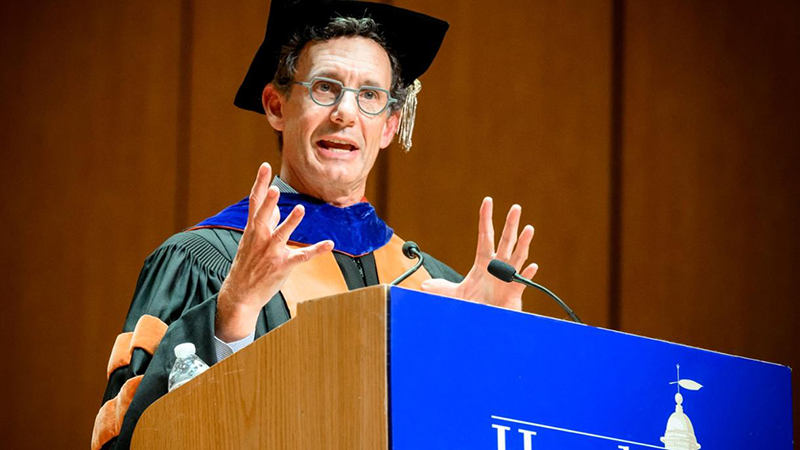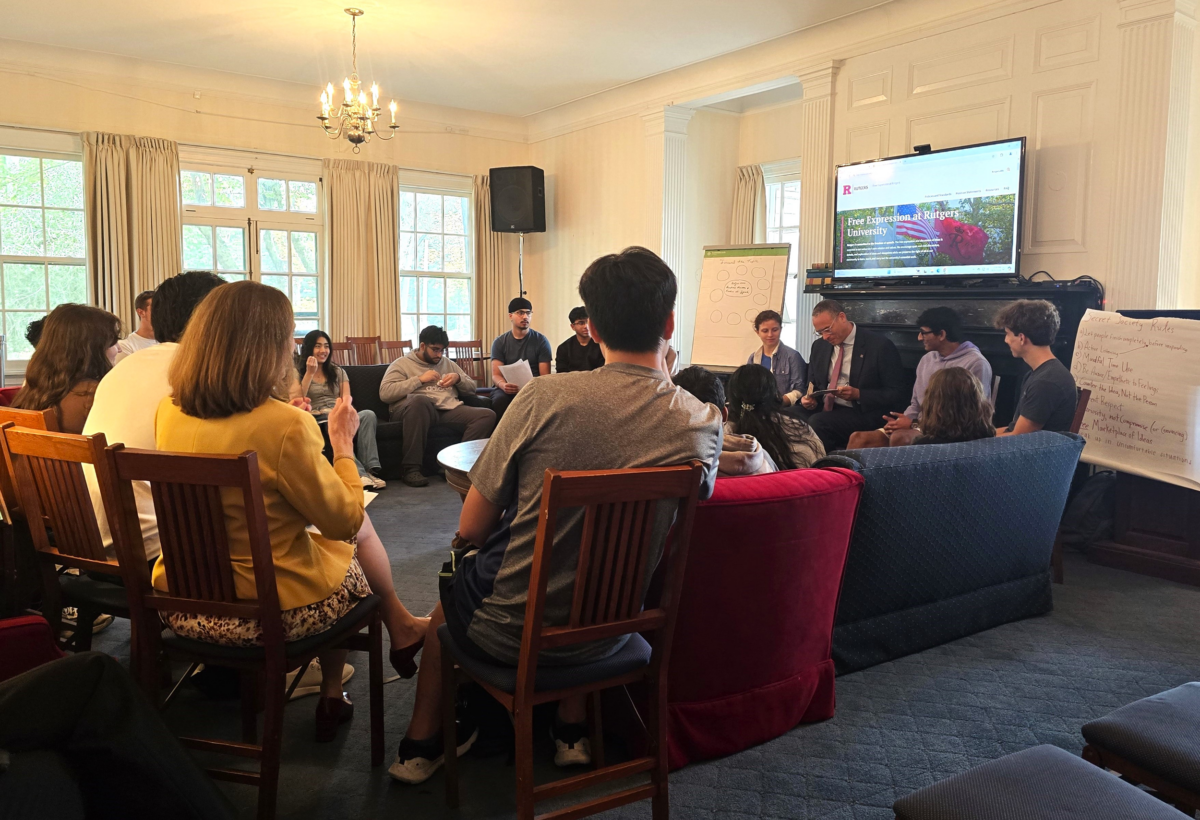In a time of deep political and social divides, where does real conversation begin? At Trinity University, it starts with an essential but often overlooked skill: listening. Through The Conversation initiative, Trinity is taking bold steps to foster meaningful discussions on campus through workshops, debates, and classes. At the heart of this effort is a course titled ‘Listening,’ co-taught by President Vanessa Beasley, the Provost, and Associate Provost. In this class, students are learning to move beyond echo chambers, confront their own biases, and embrace the tension of nuanced discussions.
President Vanessa Beasley: As a liberal arts institution, Trinity University teaches critical thinking. We often say we teach students how to think, not what to think. One premise of critical thinking is that you apply various analytical skills to data and messages in your world. But what if our culture is encouraging you to rule out certain data and messages before you even hear them? We know this is how social media works, for example, and it may also increasingly be how interpersonal relationships work. That is, we only talk about things we know we will agree on. A necessary first step to combat this narrowing is to teach listening – as a skill, as a relational imperative, and as an ethical good. Listening does not mean agreement; it means that you matter to me and I’d like to know more about why you think what you think. If we don’t start communicating that to each other by listening, then the path forward will be more polarized.
My sense is that many of us are hungry for actual conversation, both as a genre of interpersonal communication and as a metaphor for a new path forward in social relations on college campuses. It has been instructive to think, for example, about the levels of mutual respect and care required for a conversation to take place. How do you communicate that respect before, during, and after an exchange?
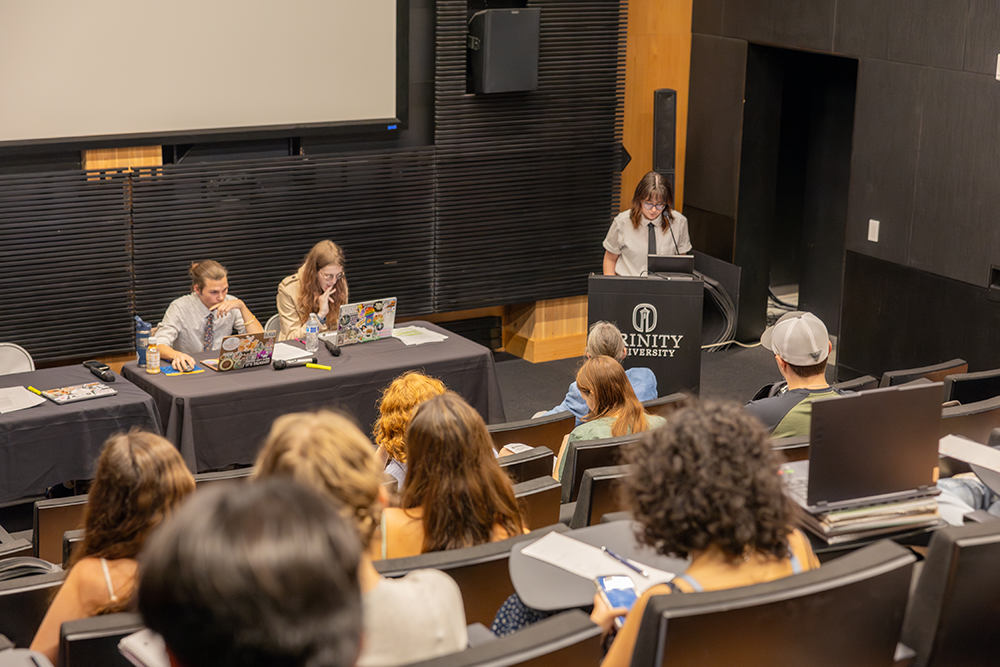
The Conversation’s student debate series included discussions on climate change, immigration, and reproductive rights.
Megan Mustain, Provost & VP of Academic Affairs: The course explored some fundamental questions: “What is (and isn’t) genuine listening?” “What are the barriers to genuine listening?” and “Why does listening matter?” We wanted the students to explore these questions in a way that wouldn’t shy away from complexity but that still sought practical clarity. We brought our own disciplinary expertise (Rhetoric, Philosophy, and Theatre, respectively) and chose readings and visiting speakers that could expand our conversations or focus discussion on particular problems. For example, we asked a Trinity neuroscience professor, Dr. Kimberley Phillips, to share research on the neurophysiology of listening. Her presentation provided us with a touchstone to distinguish attentive listening from mere hearing and helped us focus in on what drives attention and inattention. This helped immensely in our later conversations about echo chambers in political and social media.
Kyle Gillette, Interim Associate Provost: Many students worry that disagreement compromises safety or that it usually leads to conflict. Some came into the class assuming that listening is a fundamentally passive act, just staying silent so that others can have their say. For our final assignment, students split into small groups and recorded podcast episodes about what they learned over the semester. As these reflections revealed, their perspectives grew far more nuanced in terms of both the stakes and skills of listening. They found themselves increasingly curious about different perspectives and emboldened to engage them. They came to recognize how intentional and active listening is and how to do so well, how to ask meaningful questions and acknowledge each others’ points of view. They grew more aware of their own internal resistances, their areas of tension or insecurity. And they recognized how important listening well is to their lives outside class: other courses at Trinity, their future careers and communities, and, most importantly, their relationships.
Hear from students reflecting on what they learned in the course and how it’s changed the way they engage with others.
The essay is her first-person account after accepting an invitation to “debate” Princeton Professor Peter Singer regarding his support of selective infanticide, a practice that could have denied her own life. Johnson’s writing is powerful as she processes her friends’ and her own questions as to why she would be willing to engage in such an exchange, one that would almost surely be hostile not only to her arguments but also to her very existence. She does it anyway and invites her readers into the experience of the public debate as well.
Whether or not the students can relate to the topic of the exchange, they can relate to the difficulty of making a decision to engage with someone you disagree with, especially if you truly want to engage in conversation versus just yelling or humiliating your partner, and the fear of what might happen during intense, meaningful disagreements. Johnson’s account is brilliant on so many levels, inviting readers to explore both the risks of such encounters and the reasons to engage anyway.
Photo and audio credit: Trinity University
